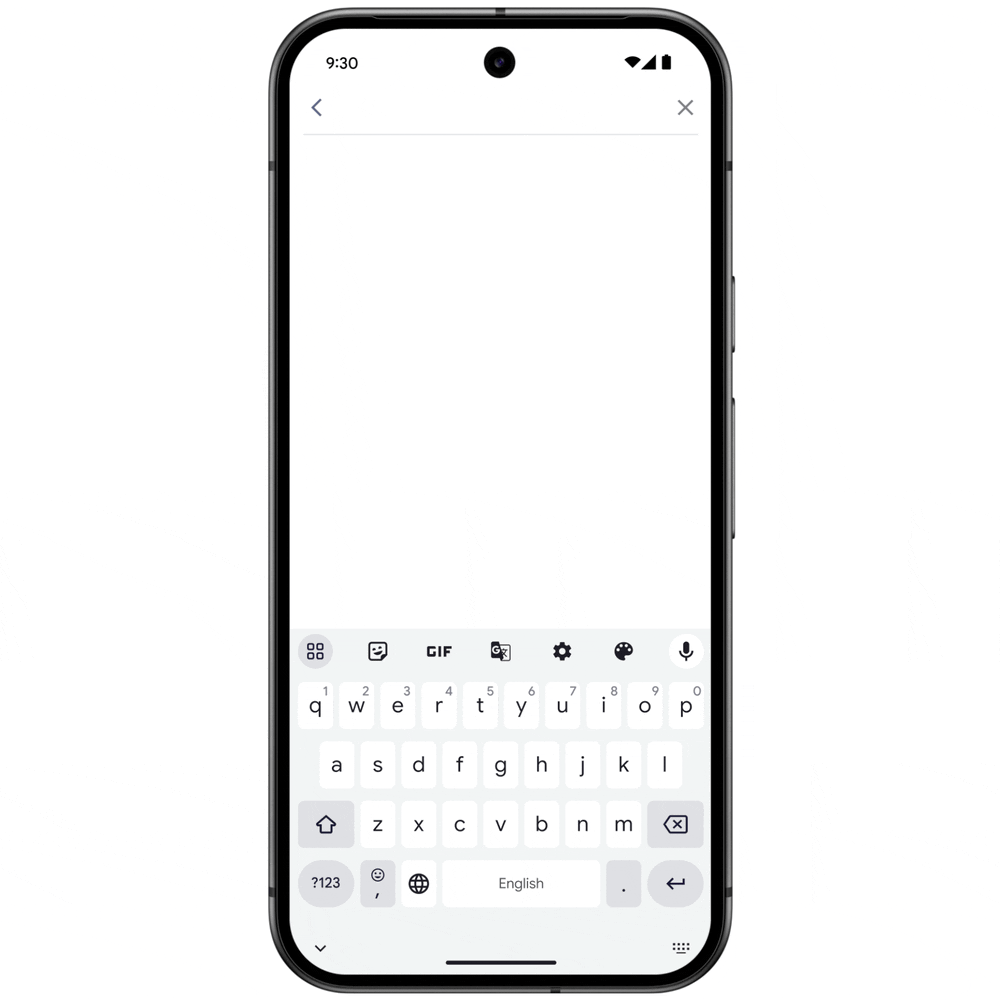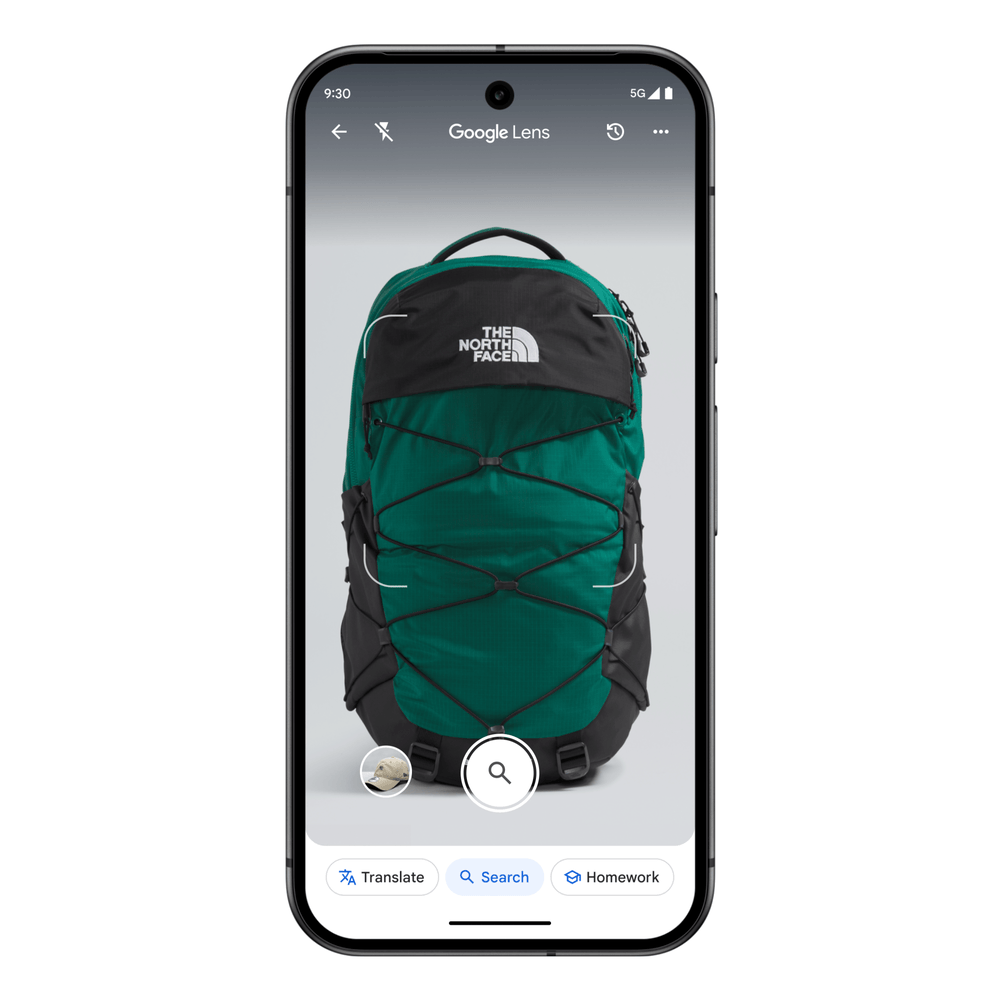October 29, 2024
- Local Search
- |
Get exclusive insights into digital media's top-trending topics delivered directly to your inbox.
At Google’s annual developer’s conference I/O, they announced a number of new AI features coming to search. Some are launching right now, an immediate impact to Google’s search result pages both organic and paid. There are also several new AI shopping features currently available to the public. With all these changes seeing implementation in 2024, right before the holiday season no less, no marketer can afford to ignore them.
Starting in the U.S. and first rolling out for culinary-related queries, Google is organizing its search results pages through an AI directive rather than just its usual algorithms. As per Google: “You’ll see helpful results categorized under unique, AI-generated headlines, featuring a wide range of perspectives and content types.” They also pitch the idea that “AI can help you explore and discover a wider range of results from the web, for those questions that may be open-ended or have no single right answer”. An example of how this was possible was the AI suggesting more specific queries as the user went through their research process. Going down from a selection of where to go that evening, to choosing to go for drinks, to specifically searching for local cocktail bars.
There are some important questions this new AI-guided query style will generate, such as how the AI-organized pages will affect traffic to individual websites, as keeping users on Google’s results page might reduce clicks to the original sources. Additionally, concerns arise about potential biases in AI-organized results that may not be present in Google’s usual algorithm. Businesses will have to adapt to these changes, but we won’t know which strategies to implement until the new results pages have been live for some time. The one fact we know for sure is that websites affected by the “Helpful Content Update” are not linked within Google’s AI overviews. Finally, there’s also the question of how this will affect paid listings, which Google fortunately addressed in greater detail.

AI-selected ads appear directly underneath the organic AI-generated answer in the AI Overview. From the images Google presented during I/O, AI ads appear like a typical shopping ad under a “Sponsored” label. Considering that AI Overviews will be the first thing users see when searching on Google, this ad placement will be highly valuable for marketers. This is especially true since other ad types are now being pushed further down the fold.

Shopping on Google, particularly via Google Lens, was a major focus of I/O. Lens is the search functionality that allows users to circle any product within an image or video and find relevant shopping results based on what they highlight. Google’s AI will also act as a research tool for shopping. For example, if someone searches for or circles a winter jacket, Google’s AI will provide a brief on the most important factors to consider before investing in a new coat for their local climate. The AI will then display products recommended by sources across the web, with explanations of why they’re the right fit for the user’s needs. Users will also see categories that give a more organized view of the types of jackets to consider, along with links to research further.

AI will also affect ads within Google Shopping. Google Shopping ads will show up in the same format they currently do for keyword or query searches. This consistency benefits users, as they will already be familiar with the ad format and are more likely to engage. Advertisers will not need to take additional steps to make their usual ads appear in the new visual format. Advertisers using Shopping, Performance Max, or AI-powered Search campaigns will be eligible to display ads in AI Overviews. However, as visual search becomes more prominent, it’s more important than ever to maintain an up-to-date product feed with relevant titles, product descriptions, and accurate details for Google Lens searches.
Google also specified its plans for AI-powered ad placements. After implementing AI for recipes and restaurants, Google is now prioritizing Shopping ad placements for top holiday categories, testing AI shopping during the most important retail quarter of the year. Google highlighted toys, electronics, and beauty products as key categories. While restaurants and bars need to keep their profiles updated year-round, businesses operating in these other categories should prepare for AI to play a significant role in their strategies this holiday season.
Boost your visibility and connect with local customers through targeted SEO solutions.
Learn moreMaintain accuracy and consistency across locations to improve your local presence.
Get startedTake control of your local listings with real-time updates and performance insights.
Explore platform
Get exclusive insights into digital
media's top-trending topics delivered
directly to your inbox.